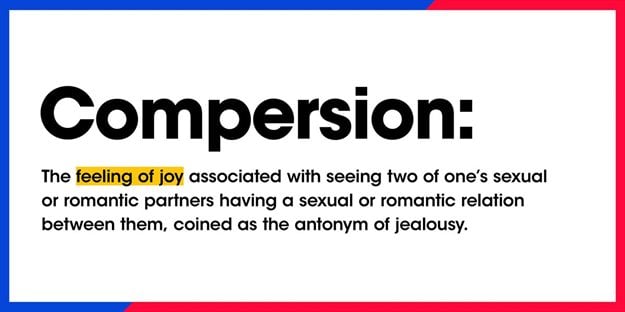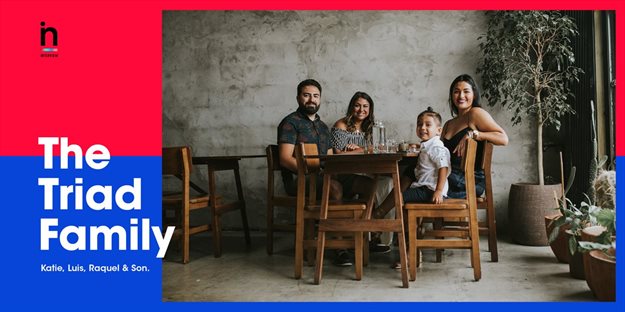
The kinds of relationships that people have had for the longest time are being challenged by changing social structures, identity politics and rejection of previously ingrained life paths. Polyamory, for example, is the practice of engaging in multiple sexual relationships with the consent of all the people involved.

To start understanding Polyamory, you first need to learn a new word. Although it was created around the ’80s, it cannot be found in many dictionaries. Importantly, it is the antonym of jealousy. Consider that for a second: Compersion is the antonym of Jealousy. Jealousy can be a dominant emotion in many relationships, so to consider the possibility of feeling compersion feels both alien and inspiring.
Yes, the world is becoming more accepting and society is demanding acceptance for how they wish to love, but traditions and norms are extremely difficult to break through. There are multiple challenges for people who practice alternative relationships – time being one example.
Dan and Zoe, a married couple with a powerful and lasting foundation for their relationship, explored polyamory after nine years. They spoke of the preconceived ideas of polyamory that tend to derail many people from understanding what polyamory is.
Some of the ideas that they debunked were:
Another new word for us; polycule is a portmanteau of ‘polyamory’ and ‘molecule’ and refers to a connected network of non-monogamous relationships.
The Triad family is a Christian polycule from Baltimore, USA on Instagram as @thetriadfam. They are very outspoken but weren’t always as open about their relationship. What brought them out was their isolation from the poly community: “We share our journey to bring awareness to the different kinds of families in society today, to show everyone that we do everyday things and that you don't have to stop believing in a Higher Power just because you're different or because religious folks may deem you ‘sinful’.”
Interestingly, The Triad Family include a passage from the Bible in their communications: Ecclesiastes 4:12 – Though one may be overpowered, two can defend themselves. A cord of three strands is not quickly broken.

It’s not that long ago that people were absolutely petrified of exposing their ‘abnormal relationships’ to the real world. People could be, and were, ostracised from family, friends and places of work. Under no circumstances are we saying that that is no longer the case, but there is a sea change happening where people with alternative relationships are emerging from the shadows of social judgment and criticism.
